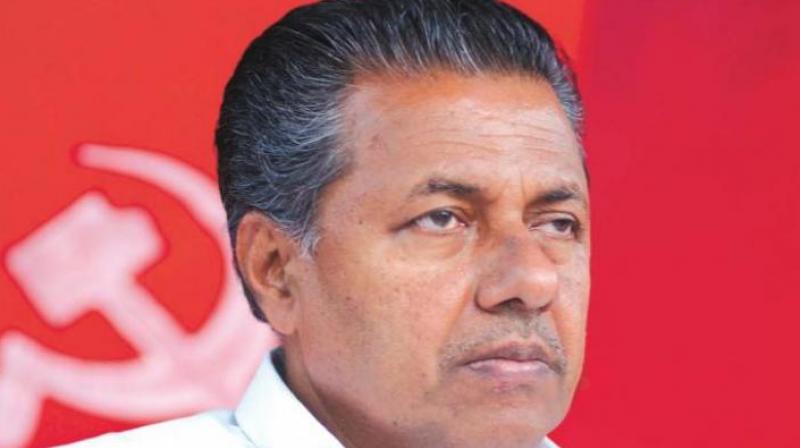Kerala to seek time to implement SC order on liquor outlets

Thiruvananthapuram: The Kerala government on Tuesday said it will seek time from the Supreme Court to implement its order banning the sale of liquor along highways, taking into account the "special situation" in the state.
The decision to move the apex court was taken at a high-level meeting held by Chief Minister Pinarayi Vijayan, Excise Minister G Sudhakaran and top officials, including the Excise Commissioner Rishi Raj Singh.
It was also resolved in the meeting to shift as many liquor outlets as possible in accordance with the law, sources in the Chief Minister's Office said.
"The circumstances in Kerala are different from other states and it needs time to shift liquor outlets and implement the directive," Sudhakaran said after the meeting.
The Supreme Court in its March 31 order had said that liquor vends within 500 metres of national and state highways would have to shut down from April 1.
It had exempted the hill states of Sikkim, Meghalaya and Himachal Pradesh and areas having a population up to 20,000.
Sudhakaran said the Excise Commissioner has been entrusted with the responsibility to take necessary steps for approaching the apex court to seek time to implement the directive.
Asked about resistance from people in some areas, the excise minister said, "The outlets will be relocated with the cooperation of the people."
The excise department has estimated a revenue loss of Rs 5,000 crore to the state as a result of the Supreme Court order which will also necessitate the relocation of 1,956 outlets.
Meanwhile, Tourism Minister Kadakampalli Surendran has said that the apex court order would "wreck" the tourism sector in Kerala.
Talking to reporters at a tourism promotion function here last night, he said government would take steps to sustain the industry as it the state's responsibility to do so.
"The apex court order will adversely affect not only the tourism sector, but also hit the transport sector that rely on it," Surendran added.

